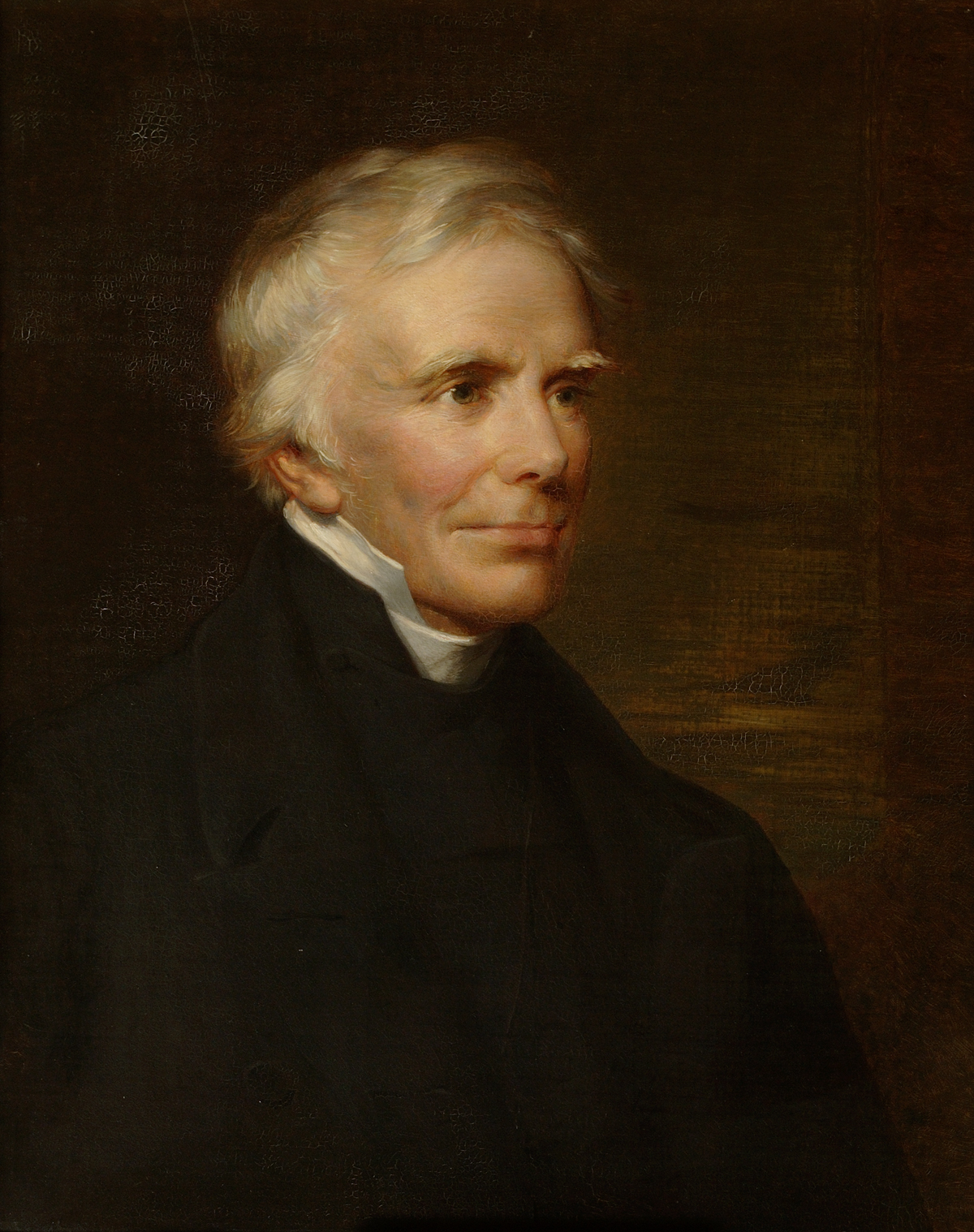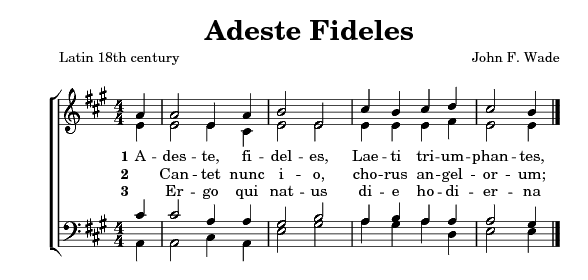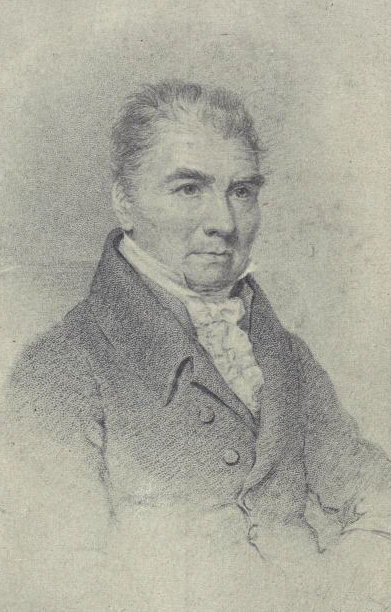|
1810s In Wales
This article is about the particular significance of the decade 1810–1819 to Wales and its people. Events *1810 *1811 *1812 *1813 *1814 *1815 *1816 *1817 *1818 *1819 Arts and literature New books *Thomas Charles - ''Biblical Dictionary'', vol. 4 (1811) * Dafydd Ddu Eryri - (1810) *Richard Fenton **''A Tour in Quest of Genealogy'' (1811) **''Memoirs of an Old Wig'' (1815) *Joseph Harris (Gomer) - (1816) *Ann Hatton **''Cambrian Pictures'' (1810) **''Chronicles of an Illustrious House'' (1816) *Samuel Johnson - ''A Diary of a Journey Into North Wales, in the Year 1774'' (1816) * Thomas Jones (Dinbych) - (1813) *William Owen Pughe - (translation of Milton's ''Paradise Lost'') (1819) *David Richards (Dafydd Ionawr) - (1815) * John Thomas (Eos Gwynedd) - (1817) Music *1811 ** John James - *1817 ** Robert Williams - {{Lang, cy, Llanfair (hymn tune, formerly named ''Bethel''); Williams recorded that the tune was composed on 14 July of this year. Births *1810 **12 January ... [...More Info...] [...Related Items...] OR: [Wikipedia] [Google] [Baidu] |
1800s In Wales
{, class="infobox" id="toc" , - , align="left" , 1790s in Wales, 1790s , 1810s in Wales, 1810s , List of years in Wales, Other years in Wales , - , , 1800-1809, Other events of the decade This article is about the particular significance of the decade 1800–1809 to Wales and Welsh people, its people. Events *1800 in Wales, 1800 *1801 in Wales, 1801 *1802 in Wales, 1802 *1803 in Wales, 1803 *1804 in Wales, 1804 *1805 in Wales, 1805 *1806 in Wales, 1806 *1807 in Wales, 1807 *1808 in Wales, 1808 *1809 in Wales, 1809 Arts and literature New books *J. T. Barber - ''A Tour Throughout South Wales and Monmouthshire'' (1803) *Thomas Charles - ''The Welsh Methodists Vindicated'' (1802) *Edward Davies (Celtic), Edward Davies **''Celtic Researches on the Origin, Traditions and Languages of the Ancient Britons'' (1804) **''The Mythology and Rites of the British Druids'' (1809) *Robert Davies (Bardd Nantglyn) **''Barddoniaeth'' (1803) **''Ieithiadur neu Ramadeg Cymraeg'' (1808) *Thomas ... [...More Info...] [...Related Items...] OR: [Wikipedia] [Google] [Baidu] |
Dafydd Ddu Eryri
Dafydd is a Welsh masculine given name, related to David, and more rarely a surname. People so named include: Given name Medieval era :''Ordered chronologically'' * Dafydd ab Owain Gwynedd (c. 1145-1203), Prince of Gwynedd * Dafydd ap Gruffydd (1238–1283), Prince of Wales ** Dafydd Goch, said to be the illegitimate son of Dafydd ap Gruffydd * Dafydd ap Gwilym (c. 1315/1320–c. 1350/1370), Welsh poet * Dafydd ap Llywelyn (1215–1246), Prince of Gwynedd and first Prince of Wales ** Dafydd ap Dafydd ap Llywelyn (born between 1240 and 1246-?), illegitimate son of Dafydd ap Llywelyn * Dafydd Bach ap Madog Wladaidd (fl. 1340-1390), Welsh poet * Dafydd Benfras (fl. 1230-1260), Welsh court poet * Dafydd Ddu o Hiraddug (died 1371), Welsh poet, grammarian and cleric * Dafydd Gam (1380-1415), Welsh soldier and nobleman who died at the Battle of Agincourt * Dafydd ab Ieuan or David Holbache (died 1422/3), Welsh politician * Dafydd Gorlech (c. 1410-c. 1490), Welsh poet * Dafydd Llwyd a ... [...More Info...] [...Related Items...] OR: [Wikipedia] [Google] [Baidu] |
12 January
Events Pre-1600 * 475 – Byzantine Emperor Zeno is forced to flee his capital at Constantinople, and his general, Basiliscus gains control of the empire. *1528 – Gustav I of Sweden is crowned King of Sweden, having already reigned since his election in June 1523. * 1554 – Bayinnaung, who would go on to assemble the largest empire in the history of Southeast Asia, is crowned King of Burma. 1601–1900 * 1616 – The city of Belém, Brazil is founded on the Amazon River delta, by Portuguese captain Francisco Caldeira Castelo Branco. *1792 – Federalist Thomas Pinckney appointed first U.S. minister to Britain. * 1808 – John Rennie's scheme to defend St Mary's Church, Reculver, founded in 669, from coastal erosion is abandoned in favour of demolition, despite the church being an exemplar of Anglo-Saxon architecture and sculpture. * 1808 – The organizational meeting leading to the creation of the Wernerian Natural History Society, a former ... [...More Info...] [...Related Items...] OR: [Wikipedia] [Google] [Baidu] |
14 July
Events Pre-1600 * 982 – King Otto II and his Frankish army are defeated by the Muslim army of al-Qasim at Cape Colonna, Southern Italy. *1223 – Louis VIII becomes King of France upon the death of his father, Philip II. * 1420 – Battle of Vítkov Hill, decisive victory of Czech Hussite forces commanded by Jan Žižka against Crusade army led by Sigismund, Holy Roman Emperor. *1430 – Joan of Arc, taken by the Burgundians in May, is handed over to Pierre Cauchon, the bishop of Beauvais. * 1596 – Anglo-Spanish War: English and Dutch troops sack the Spanish city of Cádiz before leaving the next day. 1601–1900 *1769 – An expedition led by Gaspar de Portolá leaves its base in California and sets out to find the Port of Monterey (now Monterey, California). *1771 – Foundation of the Mission San Antonio de Padua in modern California by the Franciscan friar Junípero Serra. *1789 – Storming of the Bastille in Paris. This event ... [...More Info...] [...Related Items...] OR: [Wikipedia] [Google] [Baidu] |
Hymn Tune
A hymn tune is the melody of a musical composition to which a hymn text is sung. Musically speaking, a hymn is generally understood to have four-part (or more) harmony, a fast harmonic rhythm (chords change frequently), with or without refrain or chorus. From the late sixteenth century in England and Scotland, when most people were not musically literate and learned melodies by rote, it was a common practice to sing a new text to a hymn tune the singers already knew which had a suitable meter and character. There are many hymn tunes which might fit a particular hymn: a hymn in Long Metre might be sung to any hymn tune in Long Metre, but the tunes might be as different as those tunes that have been used for centuries with hymns such as ''Te lucis ante terminum'', on one hand, and an arrangement of the calypso tune used with ''Jamaica Farewell'', on the other. Hymnal editors Editors bring extensive knowledge of theology, poetry, and music to the process of compiling a new hymn ... [...More Info...] [...Related Items...] OR: [Wikipedia] [Google] [Baidu] |
Robert Williams (composer)
Robert, Rob, Robbie, Bob or Bobby Williams may refer to: Entertainment Film * Robert Williams (actor, born 1894) Robert Williams (September 15, 1894 – November 3, 1931) was an American stage and film actor. He is best known for his first, and only, leading role in the 1931 romantic comedy '' Platinum Blonde'', opposite Loretta Young and Jean Harlow ... (1894–1931), American stage and film actor * Robert B. Williams (actor) (1904–1978), American film actor * R. J. Williams (born 1978), American former child actor and later internet entrepreneur * Rob Williams (filmmaker), American film director Music * Robert Pete Williams (1914–1980), American blues guitarist * Chocolate Williams (Robert Williams Jr., 1916–1984), jazz bassist and blues vocalist * Bob Williams (singer) (1918–2003), American singer and one of the Williams Brothers * Robert Williams (singer) (1949–2022), Greek singer and composer * Robert S. Williams (born 1949), bassoon player of the Detroit ... [...More Info...] [...Related Items...] OR: [Wikipedia] [Google] [Baidu] |
John James (hymn-writer)
John James may refer to: Entertainment * John Wells James (1873–1951), American artist * John James (writer) (1923–1993), British writer of historical novels * John James (British poet) (1939–2018), British poet * John James (guitarist) (born 1947), Welsh fingerstyle guitarist * John James (actor) (born 1956), American television actor * John James (American poet) (born 1987) * John James (Canadian musician) (active 1980s–2016), Canadian dance musician * John James (active 1986–1997), Australian musician formerly associated with the band Newsboys Politics * John James (MP for Wallingford), 1364–1378, Member of Parliament (MP) for Wallingford * John James (14th-century MP), MP for Melcombe Regis * John James (died 1601), MP for St Ives and Newcastle-under-Lyme * John James (Parliamentarian) (died 1681), English politician who sat in the House of Commons in 1653 for Worcestershire * John James (died 1718), MP for Brackley * John James (Wisconsin politician) (fl ... [...More Info...] [...Related Items...] OR: [Wikipedia] [Google] [Baidu] |
John Thomas (Eos Gwynedd)
John Thomas may refer to: Politics United Kingdom * John Thomas (c. 1490–1540/42), British Member of Parliament for Truro * John Thomas (c. 1531–1581/90), British Member of Parliament for Mitchell * John Aeron Thomas (1850–1935), British Member of Parliament for Gower, 1900–1906 * John Thomas (Welsh politician) (born 1852), Welsh county councillor and miners' agent * John Thomas (British politician) (1897–1968), British Member of Parliament for Dover * John Stradling Thomas (1925–1991), Welsh Conservative Party politician * John Thomas, Baron Thomas of Cwmgiedd (born 1947), British judge * Sir John Thomas, 1st Baronet, Sheriff of Glamorgan in 1700 United States * John Chew Thomas (1764–1836), U.S. congressman from Maryland * John Thomas (New York politician) (1792–1866), New York politician * John Warwick Thomas (1800–1871), North Carolina state legislator and founder of Thomasville, North Carolina * John Addison Thomas (1811–1858), U.S. Assistant Secre ... [...More Info...] [...Related Items...] OR: [Wikipedia] [Google] [Baidu] |
David Richards (Dafydd Ionawr)
David Richards (22 January 1751 – 12 May 1827), better-known by his bardic name Dafydd Ionawr, was a Welsh-language poet, born at Glanyrafon near Bryn-crug in the parish of Tywyn in Merionethshire (now Gwynedd), north-west Wales. He took an interest in poetry as a result of his acquaintance with Evan Evans (Ieuan Brydydd Hir), who was curate of St Cadfan's Church, Tywyn, and was later sent to a school at Ystradmeurig to obtain a better education than was available locally. After a period as a junior schoolmaster in Wrexham, he spent one term at Jesus College, Oxford, before going to teach at Oswestry grammar school. He then taught at the grammar school in Carmarthen Carmarthen (, RP: ; cy, Caerfyrddin , "Merlin's fort" or "Sea-town fort") is the county town of Carmarthenshire and a community in Wales, lying on the River Towy. north of its estuary in Carmarthen Bay. The population was 14,185 in 2011, ... before being appointed head of a free school in his nativ ... [...More Info...] [...Related Items...] OR: [Wikipedia] [Google] [Baidu] |
William Owen Pughe
William Owen Pughe (7 August 1759 – 4 June 1835) was a Welsh antiquarian and grammarian best known for his ''Welsh and English Dictionary'', published in 1803, but also known for his grammar books and "Pughisms" (neologisms)."The Invention of Tradition", Prys Morgan Biography He was born William Owen at Llanfihangel-y-pennant, Merionethshire, but the family moved to Ardudwy when William was about seven. He relocated to London in 1776. It was here that he got to know Owen Jones. Initially he worked as a clerk in a solicitor's office, subsequently becoming a teacher of Algebra in a girls' boarding school and also as a private tutor for the children of the wealthy. In 1783 he joined the Society of Gwyneddigion, and soon began compiling his Welsh-English dictionary. Pughe's influence on Welsh orthography is now generally considered as negative. In 1806, he inherited the estates of Rice Pughe, of Nantglyn, Denbighshire, a distant relative. It was in gratitude to his cou ... [...More Info...] [...Related Items...] OR: [Wikipedia] [Google] [Baidu] |
Thomas Jones (Dinbych)
Thomas Jones (1756 – 16 June 1820), called "Thomas Jones of Denbigh" (in Welsh, "Thomas Jones o Ddinbych") to differentiate him from namesakes, was a Welsh Methodist clergyman, writer, editor and poet, active in North Wales. Life history Thomas Jones was born in 1756 at Aberchwiler in Denbighshire, but was educated at Caerwys and Holywell in Flintshire. In 1783 he became a Methodist preacher. At around the same time, he became acquainted with Thomas Charles of Bala, who influenced him greatly. Jones worked with Charles to devise the "Rules and Design of the … Welsh Methodists" (1801) and both edited the Welsh-language periodical, ''Y Drysorfa while the publication was still in its quarterly form.Davies (2008), pg 433. In 1795 he married Elizabeth Jones, but she died two years later. Inheriting her fortune, he remarried in 1804. His second wife also died, and he married a third time in 1806, to a Mary Lloyd. In 1811 he was ordained a Calvinistic Methodist minist ... [...More Info...] [...Related Items...] OR: [Wikipedia] [Google] [Baidu] |
Samuel Johnson
Samuel Johnson (18 September 1709 – 13 December 1784), often called Dr Johnson, was an English writer who made lasting contributions as a poet, playwright, essayist, moralist, critic, biographer, editor and lexicographer. The ''Oxford Dictionary of National Biography'' calls him "arguably the most distinguished man of letters in English history". Born in Lichfield, Staffordshire, he attended Pembroke College, Oxford until lack of funds forced him to leave. After working as a teacher, he moved to London and began writing for ''The Gentleman's Magazine''. Early works include ''Life of Mr Richard Savage'', the poems ''London'' and ''The Vanity of Human Wishes'' and the play ''Irene''. After nine years' effort, Johnson's '' A Dictionary of the English Language'' appeared in 1755, and was acclaimed as "one of the greatest single achievements of scholarship". Later work included essays, an annotated ''The Plays of William Shakespeare'', and the apologue ''The History of R ... [...More Info...] [...Related Items...] OR: [Wikipedia] [Google] [Baidu] |



